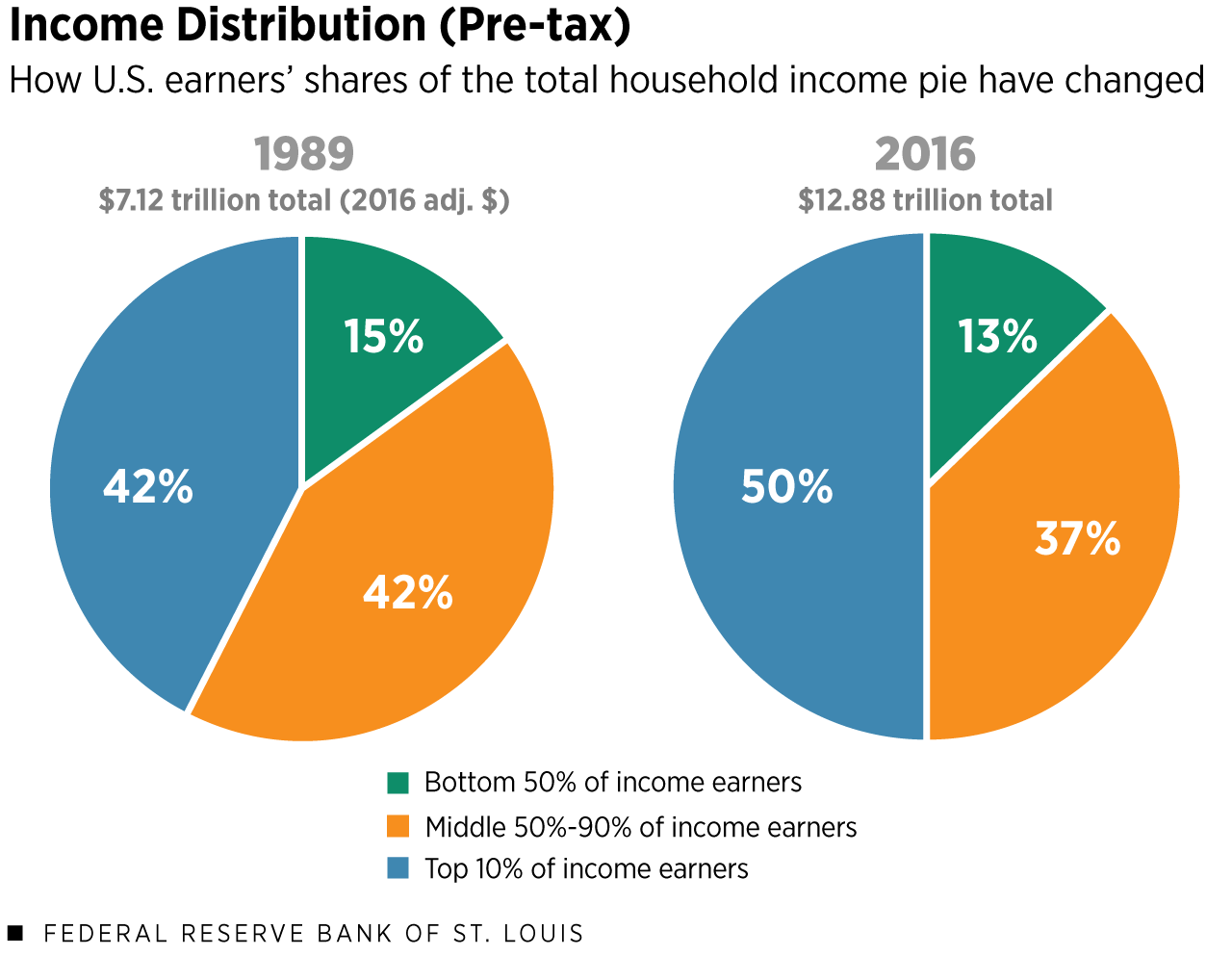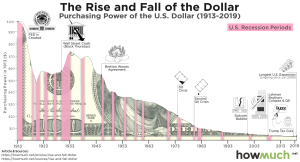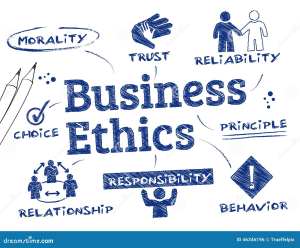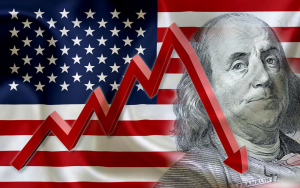Income inequality is a pressing issue that has garnered significant attention in recent years, as it reflects the stark disparities in wealth distribution among different societal groups. This inequality is exacerbated by the growing influence of billionaires and trillionaires in society, who often wield substantial power and resources that can shape public policies and priorities. As the richest individuals allocate vast sums to philanthropy and anti-poverty initiatives, the debate intensifies over whether such efforts genuinely mitigate wealth inequality or simply reinforce existing systems. The impact of billionaires on social structures raises critical questions about the fairness of wealth distribution and the ethical responsibilities of the wealthy. Understanding these dynamics is crucial, as we explore potential solutions to the deep-rooted problems of income inequality and its effects on society.
Exploring the disparities in economic status, the phenomenon of wealth inequality stretches beyond mere statistics, touching the very fabric of society. Discussions surrounding social stratification increasingly highlight the roles played by the ultra-rich, whose financial clout often distorts the marketplace and influences government policies. The intersection of extreme affluence and philanthropy unveils complex questions regarding justice and morality in wealth distribution. This dialogue not only emphasizes the actions of billionaires but also delves into the broader implications of financial disparities on communities and individuals. As we navigate these conversations, it’s essential to consider how different systems might address these inequities and promote a more balanced economic landscape.
The Debate Around Income Inequality
Income inequality has emerged as a pivotal issue in contemporary discourse, raising critical questions about justice and the distribution of wealth. In the recent debate held by the Edmond and Lily Safra Center for Ethics, panelists explored the nuances of wealth distribution, particularly in relation to the lives of ordinary people. This discussion highlighted the stark contrast between the lifestyles of billionaires and the struggles of the lower-income population, emphasizing the urgent need for reassessing how resources are allocated in society.
As economic disparities widen, the implications of income inequality extend beyond mere numbers on a graph. Panelists argued that extreme wealth accumulation by a select few can lead to adverse social consequences, including political corruption and environmental degradation. Addressing income inequality is seen not only as an ethical imperative but also as a necessary condition for sustainable development, where equitable wealth distribution can promote social cohesion and collective well-being.
The Impact of Billionaires on Society
Billionaires often attract both admiration and criticism for their wealth and influence. Proponents argue that visionary billionaires like Elon Musk can pioneer revolutionary changes in technology and sustainability, thereby supplying jobs and stimulating economic growth. However, critics like Tom Malleson underline the ecological footprint of such wealth, suggesting that the wealthiest individuals contribute disproportionately to climate change. This dichotomy raises essential questions about the overall impact of billionaires on society and whether their contributions outweigh their negative externalities.
In weighing their societal impact, it becomes crucial to examine the mechanisms through which billionaires accumulate and maintain their wealth. Many panelists suggested that the existing economic systems disproportionately favor the rich, while also advocating for measures such as wealth redistribution, which could potentially mitigate the adverse effects of income inequality. The debate shines a light on the paradox: billionaires may drive innovation yet simultaneously perpetuate systems that exacerbate social inequities.
Philanthropy and Its Role in Reducing Inequality
Philanthropy has long been heralded as one avenue through which the wealthy can contribute to societal well-being. Billionaires such as Bill Gates have committed substantial resources to global health and education initiatives, asserting that strategic philanthropy can fill gaps left by governmental intervention. This perspective suggests that wealth can be harnessed for positive change, promoting opportunities for marginalized communities and addressing ingrained societal issues.
Nonetheless, the relationship between philanthropy and income inequality is complex. Critics argue that while philanthropic efforts can bring about change, they may also reinforce existing power dynamics, allowing billionaires to maintain a level of control over the very issues they seek to solve. They contend that reliance on private charity can overshadow the need for systemic reform and that a focus on philanthropy may distract from necessary governmental responsibilities in addressing deep-rooted socio-economic disparities.
Wealth Distribution: A Call for Fairness
The conversation surrounding wealth distribution is inherently tied to notions of fairness and justice. As highlighted in the debate, the stark reality is that wealth is not evenly spread within society, leading to essential questions about who benefits from the economy and who is left behind. Wealth distribution policies could provide mechanisms to ensure that essential services and opportunities are accessible to all, thereby fostering a more equitable society.
Implementing effective wealth distribution strategies, such as fair taxation and social welfare programs, can significantly bridge the income gap that persists today. By re-evaluating financial systems that prioritize the accumulation of wealth at the top, societies stand to improve conditions for the impoverished, encouraging a climate that values both equity and growth. This reorientation is paramount in cultivating a sustainable future where prosperity is shared more widely.
The Future of Trillionaires in Society
As we approach a potential future where trillionaires may exist, the discourse surrounding their implications becomes increasingly urgent. The prospect of such immense wealth raises questions about power dynamics, governance, and societal norms. Harvard’s discussion underscored the necessity of establishing frameworks that can accommodate billionaires ethically, ensuring their presence does not undermine democracy or public welfare.
Panelists proposed exploring models such as property-owning democracy to balance vast wealth accumulation with widespread, egalitarian resource distribution. These frameworks would aim to harness the positive aspects of wealth creation while mitigating the risks associated with vast income inequality and power imbalances in society. It is essential to consider how to channel the influence of future trillionaires towards societal improvement without sacrificing democratic integrity.
Corporate Responsibility and Low-Wage Workers
Many corporations, notably giants like Walmart, have come under scrutiny for their treatment of low-wage workers. The discussions suggested that while these businesses offer lower prices, they often do so at the cost of fair labor practices and decent working conditions. The panelists emphasized the need for corporate responsibility, advocating for policies that uplift labor standards and protect worker rights.
Achieving corporate responsibility involves rethinking business models that prioritize profit over people. By fostering an environment where workers receive fair compensation and are treated with dignity, companies can break the cycle of exploitation that perpetuates income inequality. This requires bold advocacy for unionization, improved working conditions, and comprehensive labor rights protections.
Exploring Alternative Economic Models
The debate over economic models was a vital aspect of the discussions, as panelists explored alternatives that could alleviate wealth disparities. Concepts like democratic socialism and property-owning democracy were proposed as potential solutions to achieve more equitable wealth distribution. Such models advocate for a balance between private property rights and the collective good, ensuring that wealth generation benefits everyone, not just a few.
Exploring these alternatives is critical in the quest for a fair society. By examining successful implementations in regions such as the Nordic countries, the panelists called for reforms that align economic incentives with social responsibility. Emphasizing collaboration and collective ownership, these models propose a shift away from traditional capitalism toward systems that prioritize human flourishing and equality.
Navigating Existential Risks of Income Inequality
Income inequality does not only affect socio-economic dynamics but can also result in significant existential risks for society at large. As highlighted by Tom Malleson, the disproportionate environmental impact of the wealthiest individuals indicates a pressing need to adjust current practices for sustainability. The intersection of wealth and environmental degradation presents challenges that require immediate attention, for the health of our planet is inextricably linked to our economic structures.
Addressing these existential risks involves rethinking consumption models and advocating for policies that promote sustainability and equity. By targeting income inequality through strategic policies, societies can mitigate harmful ecological impacts while fostering a more just world. This dual focus on prosperity and planetary health is essential for ensuring a balanced and sustainable future.
The Role of Government in Addressing Inequality
Government plays a crucial role in mitigating income inequality and ensuring equitable wealth distribution. It holds the power to implement policies that can redistribute wealth more fairly, thereby promoting social welfare and economic justice. Engaging in meaningful dialogue about taxation, public services, and social safety nets is essential for developing effective frameworks that support low-income individuals while fostering economic growth.
However, the challenge lies in balancing the needs of diverse segments of society with the pressures of political and economic systems that often favor the wealthy. To create a fairer society, governments must commit to long-term strategies that prioritize the well-being of all citizens. This includes embracing comprehensive reforms that remove barriers to equality while promoting inclusive economic practices.
Frequently Asked Questions
What is income inequality and how does it relate to wealth distribution?
Income inequality refers to the disparity in income earned by different individuals or households within a society. This disparity impacts wealth distribution, as those with higher incomes typically accumulate more wealth over time, leading to increased economic disparities. Understanding income inequality is essential for addressing systemic issues and creating policies for fair wealth distribution.
How does the impact of billionaires influence income inequality?
The impact of billionaires on income inequality can be significant. While billionaires often contribute to economic growth and innovation, their wealth accumulation can exacerbate income inequality by concentrating resources and political power among a small elite. This concentration can hinder efforts to improve economic conditions for lower-income individuals and perpetuate systemic inequalities.
In what ways does philanthropy address income inequality?
Philanthropy can play a dual role in addressing income inequality. Wealthy individuals often donate substantial amounts to anti-poverty initiatives and social causes, potentially alleviating some effects of inequality. However, critics argue that philanthropy may not effectively address the root causes of income inequality, leading to dependency rather than systemic change. Evaluating the impact of philanthropy on social equity is crucial in discussions about income inequality.
What are the long-term effects of wealth inequality on society?
Wealth inequality can lead to significant long-term effects on society, including reduced social mobility, increased political instability, and weakened economic growth. When wealth is concentrated, opportunities for education, healthcare, and basic needs become stratified, ultimately harming the overall social fabric and potentially leading to unrest or diminished democratic engagement.
How do trillionaires impact income inequality in society?
The emergence of trillionaires raises important questions about income inequality. With unprecedented wealth, trillionaires can influence economies and policy in ways that may deepen societal divides. Their wealth accumulation often comes alongside growing disparities for average citizens, making it crucial to consider regulatory frameworks that ensure fairer wealth distribution and prevent negative social consequences.
Can wealth redistribution effectively reduce income inequality?
Wealth redistribution can be a powerful tool for reducing income inequality, provided it is implemented thoughtfully. Strategies such as progressive taxation, social safety nets, and investments in public services can help mitigate inequalities. However, careful consideration is needed to ensure that such policies do not stifle economic growth or individual motivation, creating a balanced approach to addressing income inequality.
What role do corporations play in exacerbating wealth inequality?
Corporations often contribute to wealth inequality through practices such as low wages, limited employee benefits, and tax avoidance strategies. These practices can limit economic opportunities for workers, perpetuating a cycle of poverty and wealth concentration. Reforming corporate governance and ensuring fair labor practices are essential steps toward reducing wealth inequality in society.
Is democratic socialism a viable solution to income inequality?
Democratic socialism presents a potential solution to income inequality by advocating for policies that promote social welfare and equitable wealth distribution while maintaining democratic governance. This approach seeks to balance market-driven economic growth with strong social safety nets and regulations to ensure that all citizens benefit from economic progress.
What can individuals do to combat income inequality?
Individuals can combat income inequality through various actions, including advocating for fair wages, supporting policies that promote equity, engaging in grassroots movements, and making informed consumer choices. Additionally, fostering discussions about wealth distribution and holding corporations accountable can contribute to a more equitable society.
How do public policies affect income inequality in society?
Public policies significantly influence income inequality through taxation, social welfare programs, education funding, and labor laws. Effective policies that aim to reduce inequalities can help improve social equity, while inadequate policies may lead to widening disparities. Evaluating and reforming such policies are critical for addressing systemic issues related to income inequality.
| Key Points | Details |
|---|---|
| The Debate on Wealth and Income Inequality | Hosted by the Edmond and Lily Safra Center for Ethics to discuss extreme wealth, philanthropy, and redistribution. |
| Divergent Views on Billionaires | Panelists had contrasting views on whether billionaires benefit society or exacerbate inequality. |
| Tom Malleson’s Argument | Advocated for wealth redistribution and highlighted that the top 1% emit as much carbon as 5 billion people. |
| Jessica Flanigan’s Counterpoint | Claimed billionaires can aid the global poor and bring jobs and market improvements. |
| Impact of Rich on Society | Discussion included ethical considerations of extreme wealth and the role of luck in wealth accumulation. |
| Arguments Against Central Planning | Critics cautioned against assuming redistributive taxation would efficiently address inequality. |
| Modern Context of Billionaires | Today’s billionaires tend to earn wealth through merit rather than inheritance. |
| Suggestions for Addressing Inequality | Ideas include property-owning democracy and democratic socialism as corrective measures. |
| Event Format | The event engaged students and experts in civil disagreement over income inequality. |
| Improving Conditions for the Poor | Panelists discussed the need for a market-based approach and better living standards. |
Summary
Income inequality is a pressing issue that highlights the disparity between the wealthy and the poor in society. The recent debate at the Edmond and Lily Safra Center for Ethics shed light on the complex dynamics between billionaires’ wealth, philanthropy, and the negative impact on the environment. While some argue for wealth redistribution as a means to address this inequality, others believe that the wealthy can drive positive change through investment and job creation. Ultimately, finding a balance between these perspectives is crucial to formulating effective responses to income inequality.




